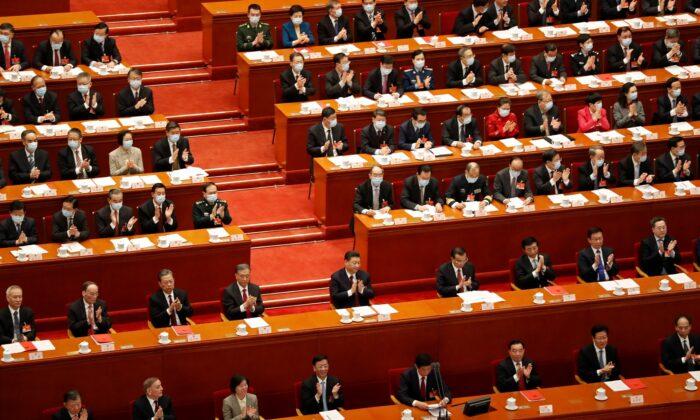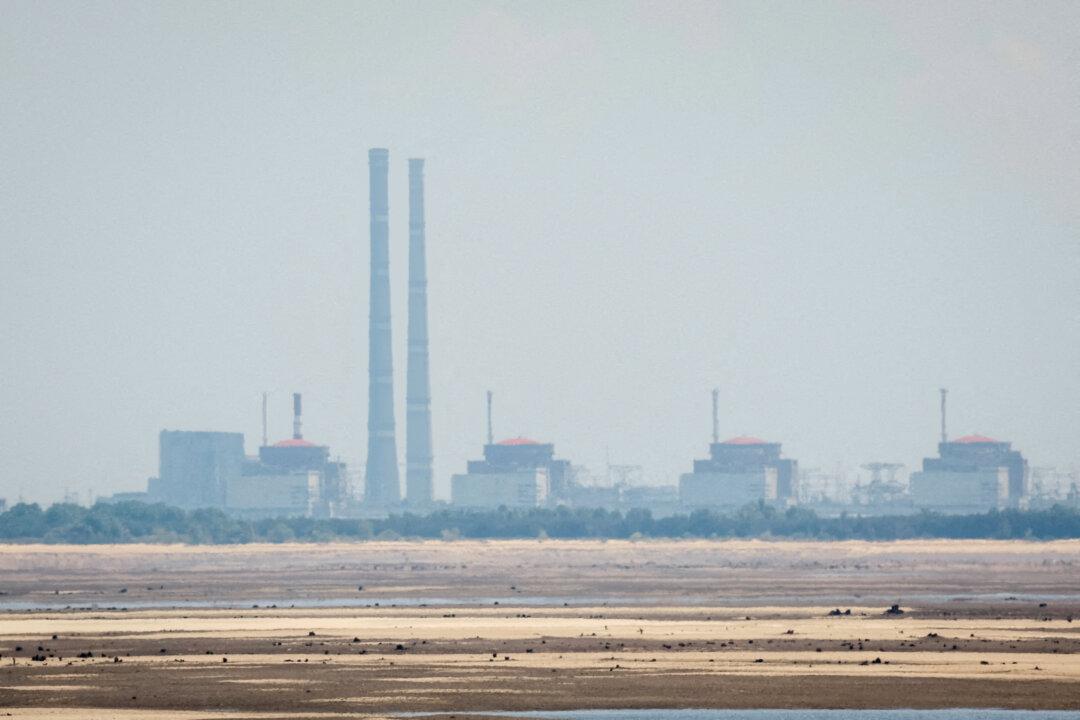WASHINGTON—The United States on Thursday condemned Chinese moves to change Hong Kong’s electoral system and forecast “difficult” talks with Beijing’s top diplomats next week, when the genocide Washington says China is committing against minority Muslims will be an issue the U.S. side plans to raise.
White House spokeswoman Jen Psaki said Secretary of State Antony Blinken and National Security Adviser Jake Sullivan would not hold back when they meet with the Chinese diplomats in Alaska on March 18 and 19, “whether it’s on Taiwan, or ... efforts to push back democracy in Hong Kong, or on concerns we have about the economic relationship.”
“Addressing the genocide against Uighur Muslims is something that will be a topic of discussion with the Chinese directly next week,” she added.
The Chinese Communist Party (CCP) rejects U.S. charges that it has committed genocide against Uighur and other Muslims in its Xinjiang region and calls criticism of its behavior toward Hong Kong and self-ruled Taiwan unwarranted interference in its internal affairs.
China’s rubber-stamp parliament on Thursday approved a draft decision to change Hong Kong’s electoral system, further reducing democratic representation in the city’s institutions and introducing a mechanism to vet politicians’ loyalty to Beijing.
State Department Spokesman Ned Price called the changes “a direct attack on Hong Kong’s autonomy, its freedoms and democratic processes.”
“There will be some difficult conversations I would expect,” he said, referring to the talks Blinken and Sullivan plan to hold in Anchorage with China’s top diplomat, Yang Jiechi, and State Councillor Wang Yi, the first high-level in-person contacts between the two sparring countries under the Biden administration.
Price said Washington would explore areas for cooperation with Beijing where it was in the U.S. interest, including climate change, but called on Beijing to change if it wanted to improve the frayed relationship.
“We’re not looking to engage in talks for the sake of talks,” he said.
“We are looking for Beijing ... to demonstrate that seriousness of purpose, to demonstrate that it seeks to live up to its own oft-stated desire to change the tone of the bilateral relationship.”
President Joe Biden’s administration has committed to reviewing elements of U.S. policies toward China, and has broadly pledged to continue the Trump administration’s tough stance towards threats posed by the CCP.
Biden and Chinese Leader Xi Jinping held their first phone call as leaders last month and appeared at odds on most issues, even as Xi warned that confrontation would be a “disaster” for both nations.
Chinese Premier Li Keqiang said on Thursday that China and the United States had common interests and many areas for cooperation and that Beijing hoped ties could develop in a healthy way based on respecting each other’s core interests, win-win cooperation and non-interference in internal affairs.






Friends Read Free